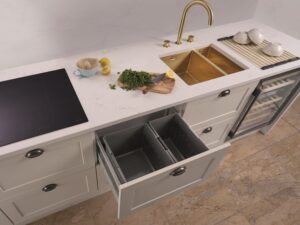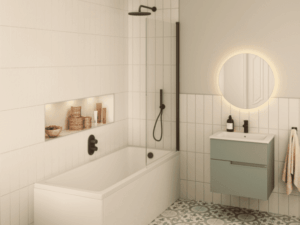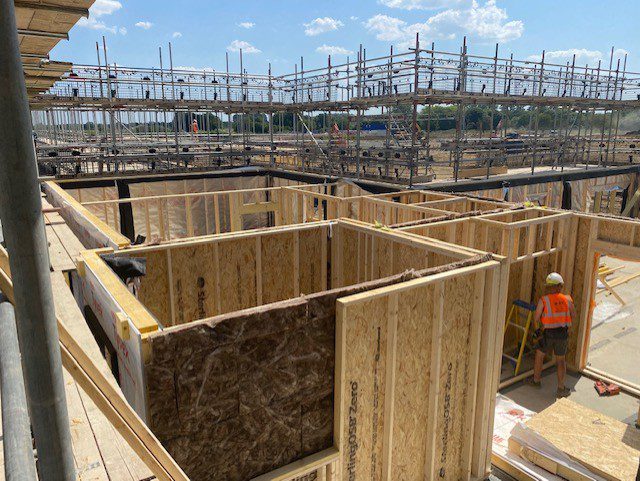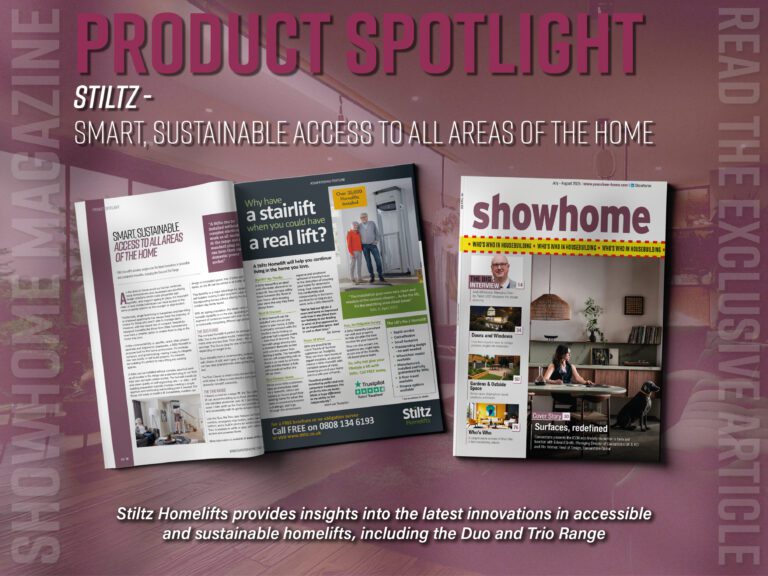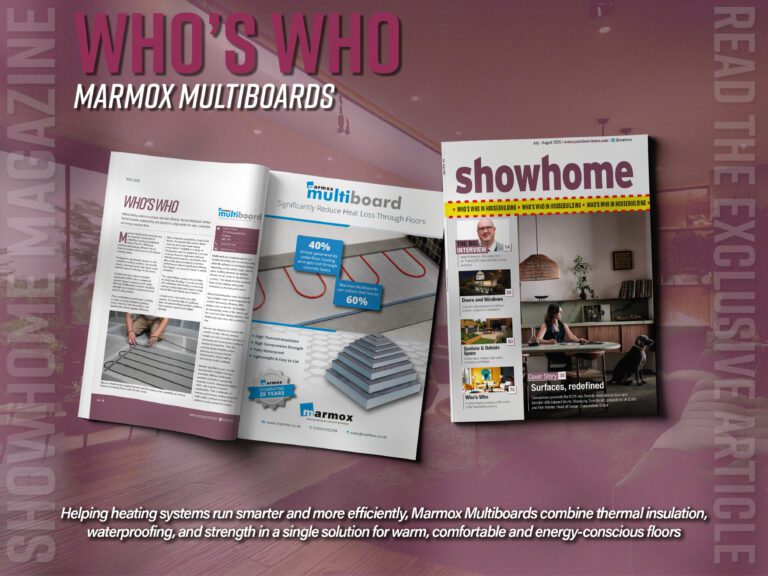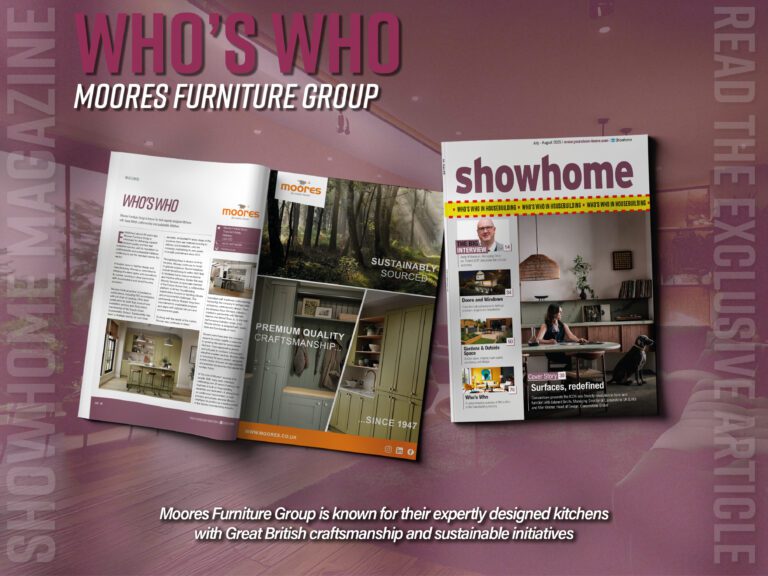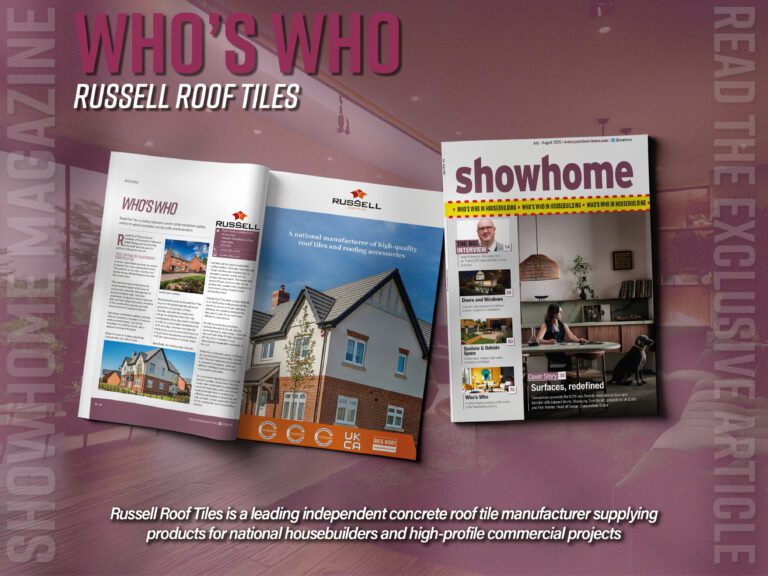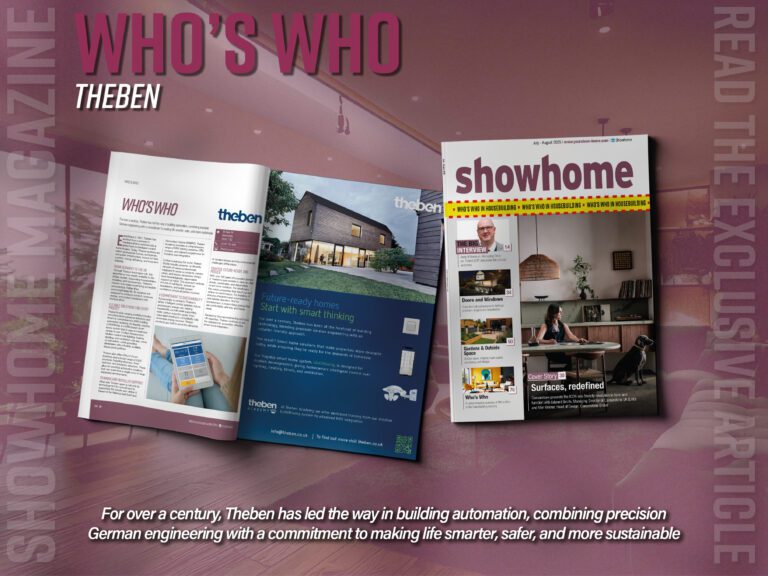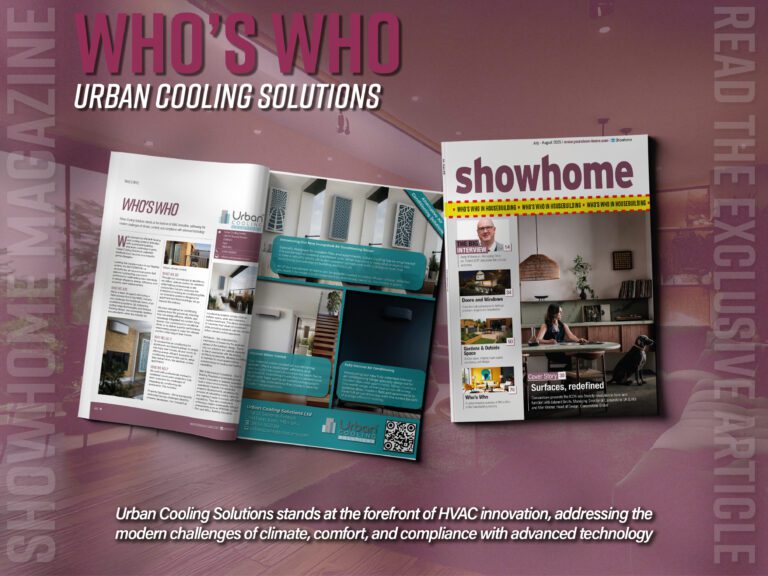Environmental Product Declarations (EPDs) are considered by the European Commission as a suitable means of evaluating the sustainability of a building since the materials and products used in it significantly determine a building’s impact on the environment. Considering the fact that carbon emissions from buildings and construction constitute almost 40% of global carbon emissions, knowledge of a building’s environmental impact is becoming key to enable the construction industry to work towards the necessary green transformation. Accordingly, a number of states have already established national lifecycle carbon limits for new or public buildings. Some states require carbon reporting as a minimum standard, while others have generally enacted more stringent requirements for new construction projects.
In order to provide its customers with transparency regarding the ecological footprint of its products, the sanitary brand GROHE will release EPDs for 18 product groups that cover more than 600 single products by the end of October. The first batch includes basin and kitchen mixers, thermostats and shower rail sets. A second wave will follow by the end of October 2022 and will comprise special fittings, hand showers, installation systems and flush plates.
“With the launch of EPDs for a wide range of our portfolio, we offer our customers easy orientation and transparent comparison options with regard to the life cycle assessment of our products. On this basis, they can make informed statements about the environmental impact of buildings, which is often a cornerstone for sustainability certifications such as DGNB, LEED or BREEAM, or even a prerequisite for new building permits in many European cities. With increasing pressure on the construction industry to make buildings ever more sustainable, information of this kind will be a selection criterion for products in the future, on a level with price, design or quality,” says Jonas Brennwald, Leader, LIXIL EMENA.
An EPD is a comprehensive, independently verified, and registered product pass. It reports transparent and comparable data on the environmental impact of a product’s life cycle (Life Cycle Assessment). The life cycle is considered from the extraction of raw materials through to production then the use phase to disposal, including the impact of the individual transport routes. Tomas Kvillström, Leader, Commercial Regulation, LIXIL EMENA underlines how important it is to analyse a product’s entire life cycle: “We also looked at the usage phase, which has sometimes been neglected by the industry in the past. The long use phase of our products is the main driver for water and energy consumption and therefore a crucial piece of information for building management companies and hotel operators in particular. However, this knowledge is not only elementary for our customers, but also a good benchmark for us to further increase the sustainability of our value chain and products.”
Read more of the latest industry developments in our latest edition
Media contact
Editor, Showhome Magazine
Tel: +44 (0) 1622 823 920
Email: editor@yourshow-home.com


